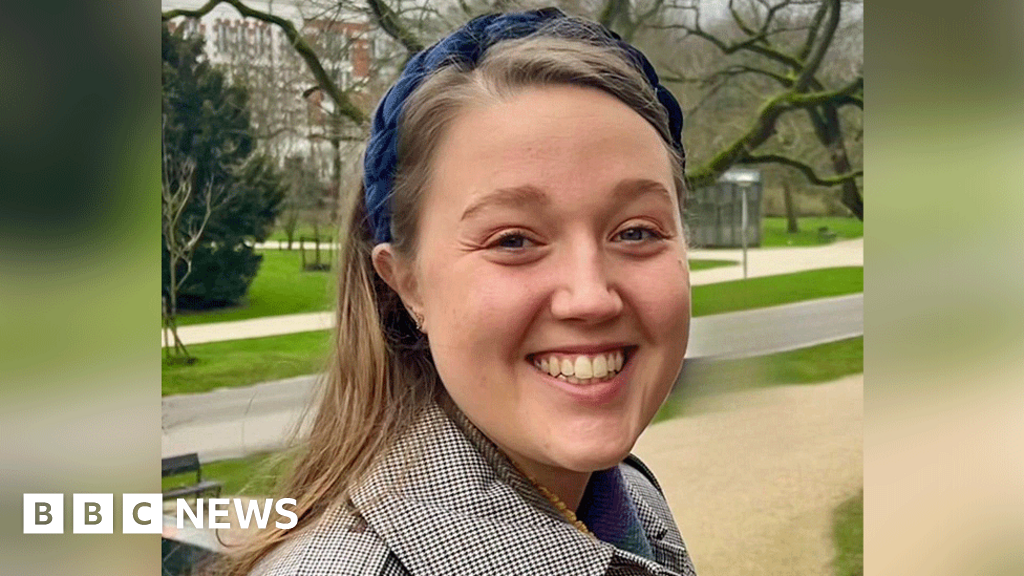Jenny ReesHealth correspondent, BBC Wales
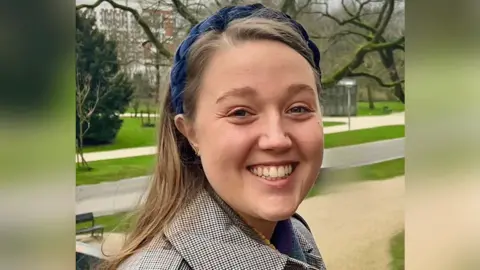 British Medical Association
British Medical AssociationA disabled doctor, who believes the NHS sees it as “too difficult or inconvenient” to give her support, has considered leaving.
Dr Alice Gatenby said senior colleagues told her she is “not a real doctor” because her epilepsy means she does not work night shifts.
A survey by the British Medical Association (BMA) of more than 800 disabled and neurodivergent doctors and medical students found more than half felt ableism was a bigger issue in the medical profession than in wider society.
The Welsh government said it expected all NHS organisations to support inclusion, and they were also legally required to support disabled staff through reasonable adjustments.
Health boards in Wales are responsible for rotas, but NHS Wales Shared Services Partnership said as an inclusive employer it supports employers and resident doctors with adjustments needed.
However, south Wales-based Dr Gatenby said: “The irony of a healthcare system being unwilling to make small adjustments for someone with epilepsy isn’t lost on me.
“It feels like the system sees supporting me as too difficult or inconvenient – even if it means losing someone capable and passionate about caring for patients.”
Dr Liz Murray spent more than a decade working in the NHS, simultaneously managing a number of chronic conditions, but left two years ago because of the barriers she felt were put in place.
The Norfolk-based doctor has lupus, severe endometriosis, bladder and bowel damage as well as hip problems, which mean she uses mobility aids.
But her requests for part-time hours and no night shifts were declined.
“I have a slightly dysfunctional immune system and am really susceptible to infections with big changes in life, or disruption to sleep and environmental stresses,” said the 37-year-old.
“They can cause joint flare ups where I can’t walk or can’t use my hands, and it affects my vision.”
She said for a long time she felt her health conditions were to blame for leaving the profession, but now feels it was the inflexibilities within the system.
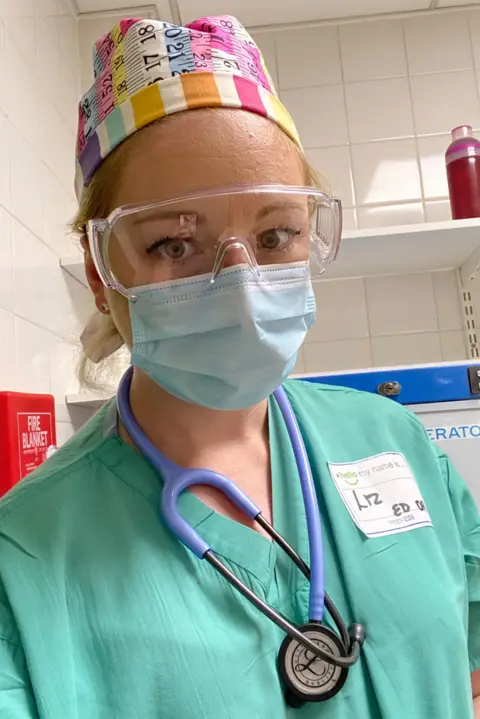 Dr Liz Murray
Dr Liz MurrayDespite doctor shortages in her region, she felt she had to leave a role with sick pay and maternity benefits, and opt for locum work because it provided greater flexibility.
She added: “I was seen as the problem – I realised how much of a toll it was taking on my health and had to say enough is enough.”
While still working full-time, she now does so in a way that suits her needs.
Dr Murray also set up charity Mortal and Strong, to better support those with life-changing, chronic conditions.
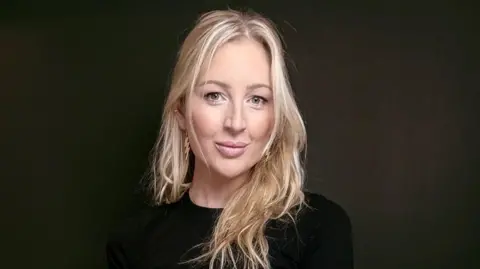 Dr Liz Murray
Dr Liz MurrayThe BMA’s survey found 53% of respondents had either left the profession in the past two years, or had seriously considered it.
Over a third had reported bullying or harassment linked to their disability, neurodivergence or long-term health condition.
However, 40% said that telling their place of work or study had led to improved support.
Tricia Roberts is a clinical nurse specialist within adult ADHD services at Hywel Dda health board, in west Wales, and was diagnosed with ADHD aged 42, and autism at 47.
“I’ve been privileged to work in positions where the service gets it,” said the 49-year-old.
“I’m allowed to have flexible working and feel I can be myself.”
However, she added if funding was available, additional admin support would allow her “to thrive”.
She explained a staff network for neurodivergent colleagues across the health board was “really empowering” as people felt supported.
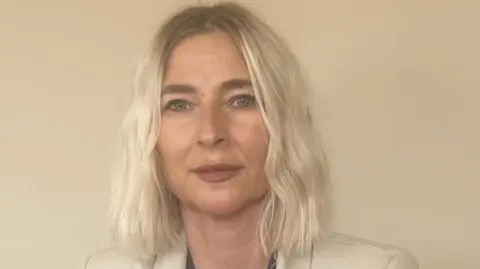 Tricia Roberts
Tricia RobertsDr Gatenby added: “If I were a teacher, I wouldn’t need to go through a lengthy process to prove I’m disabled every time I changed classrooms.
“But as a doctor with an invisible disability, I must prove to a disability panel that I’m still disabled every single year.”
She is genuinely considering leaving medicine, but said: “I don’t want to, but what choice do I have?
“And yet, I think, if I walk away, who will be left to advocate for other doctors like me?”
Dr Gatenby described how senior colleagues said “you’re not a real doctor” because she cannot do on-call shifts.
“Yet when I ask to be included in weekend rotas, I’m told it’s too much hassle unless I can manage 12-hour shifts straight,” she added.
The BMA is trying to address the issues raised in the survey, as nearly three quarters had not received all of the reasonable adjustments they required.
Chairman of the BMA’s Representative Body Dr Amit Kochhar said: “Disabled doctors and medical students are present at every level of the profession, contributing as valued and vital members of the medical workforce.
“Providing appropriate support is not only the right thing to do – it’s essential.
“A lack of disability and neurodiversity awareness, coupled with discrimination and stigma, can significantly impact disabled doctors’ lives and careers.”
He added that those who have already overcome personal hurdles should not face additional barriers, such as rigid exam policies or being unfairly penalised throughout their careers.
Leandra Craine, from Disability Wales, responded to the survey by saying: “Not only is this concerning for the healthcare sector itself but raises a significant issue when it comes to accounting for and treating disabled people.
“Without the inclusion and representation of disabled people in all areas of life, society-wide empathy and accessibility will never be achieved.”
A spokesperson for NHS Wales Shared Services Partnership said: “As an inclusive employer, we support resident doctors with any adjustments they need.
“We securely record and share these adjustments with the health boards where they are based to implement.
“We can work with health boards to support them in this as needed.
“As health boards are responsible for the rota management we actively work with them to review reasonable adjustments – including shift patterns and night working.”
The Welsh government spokesperson added: “We expect all NHS Wales organisations to actively promote inclusion and they are legally required to support disabled staff through reasonable adjustments and anti-discrimination measures under the Equality Act.”
